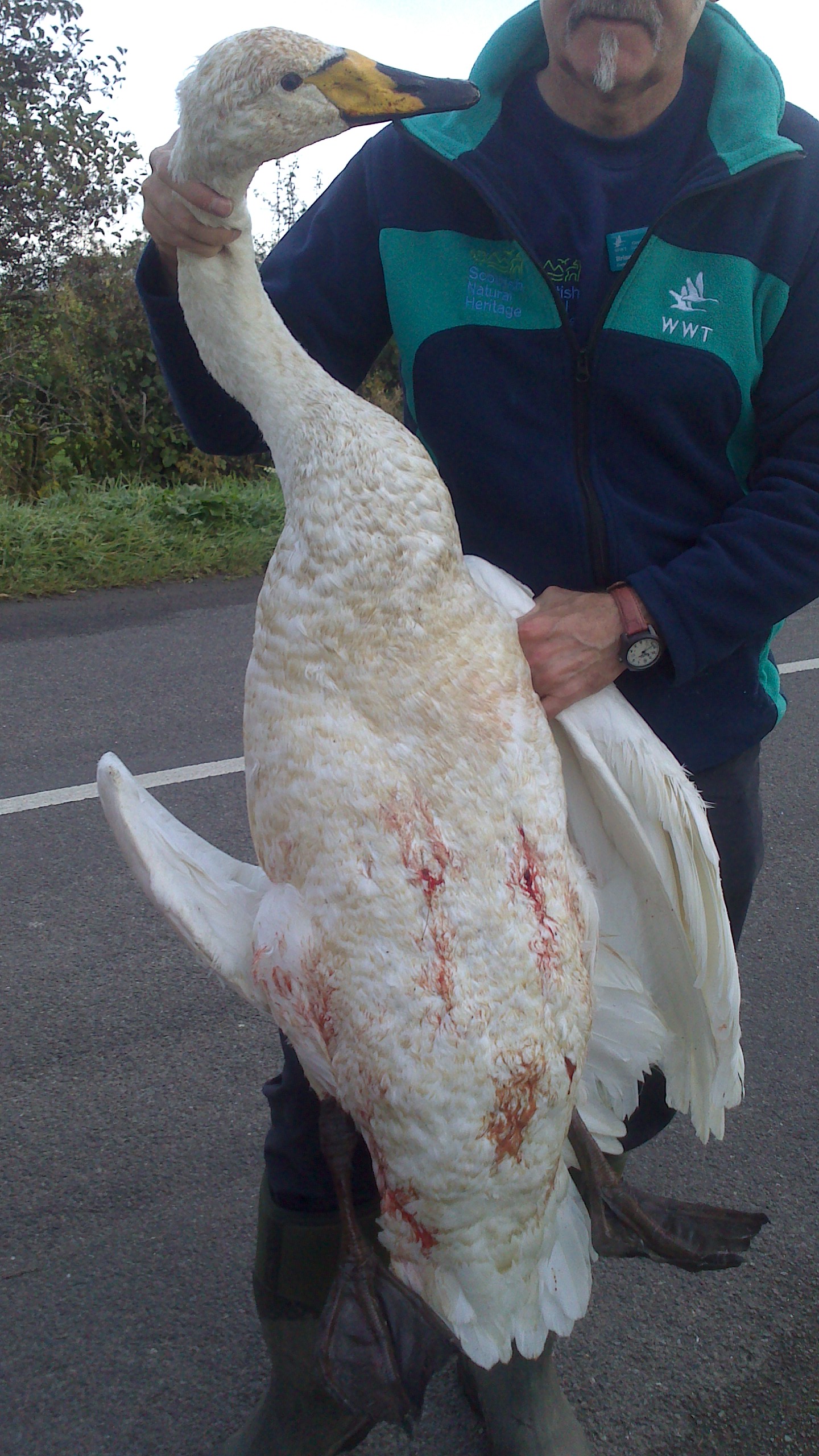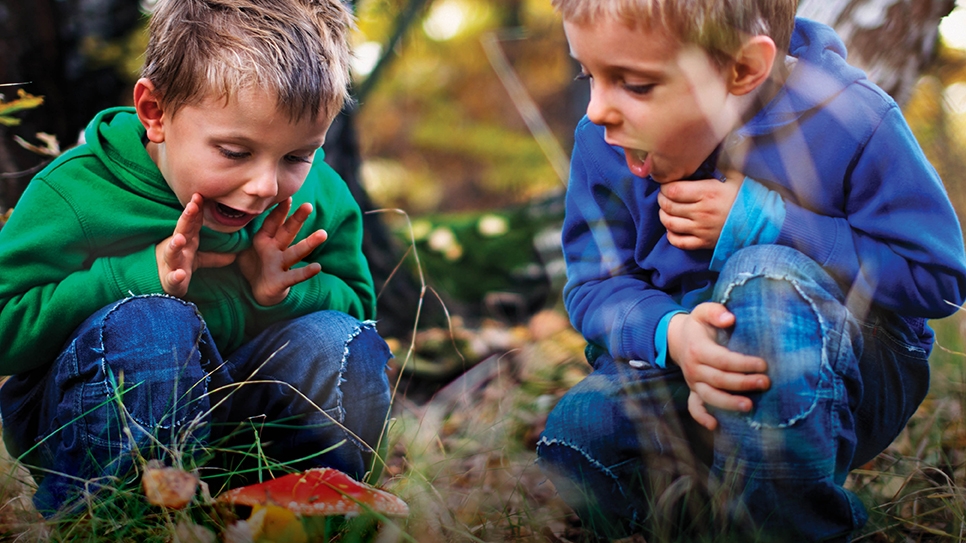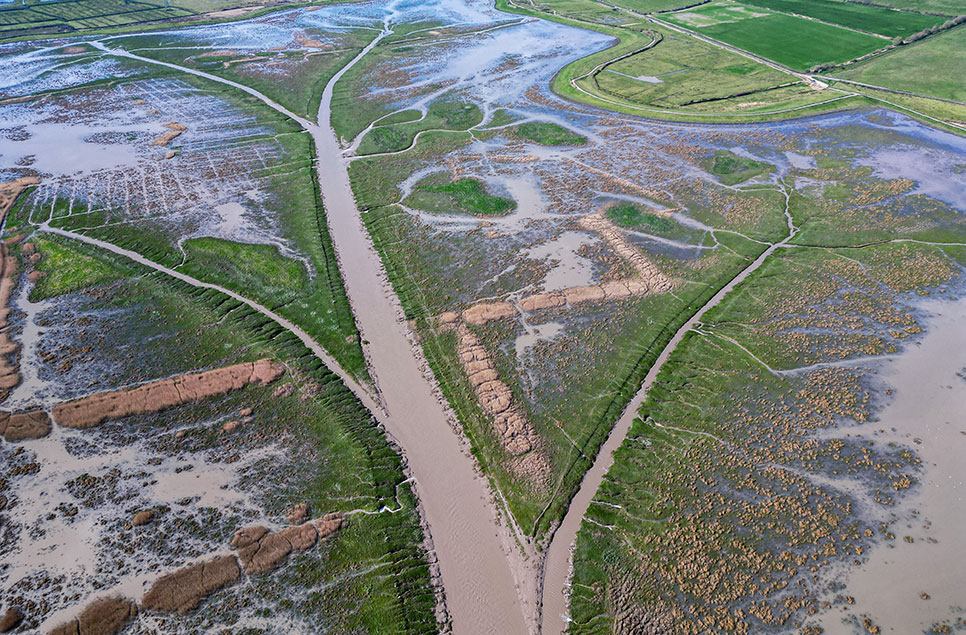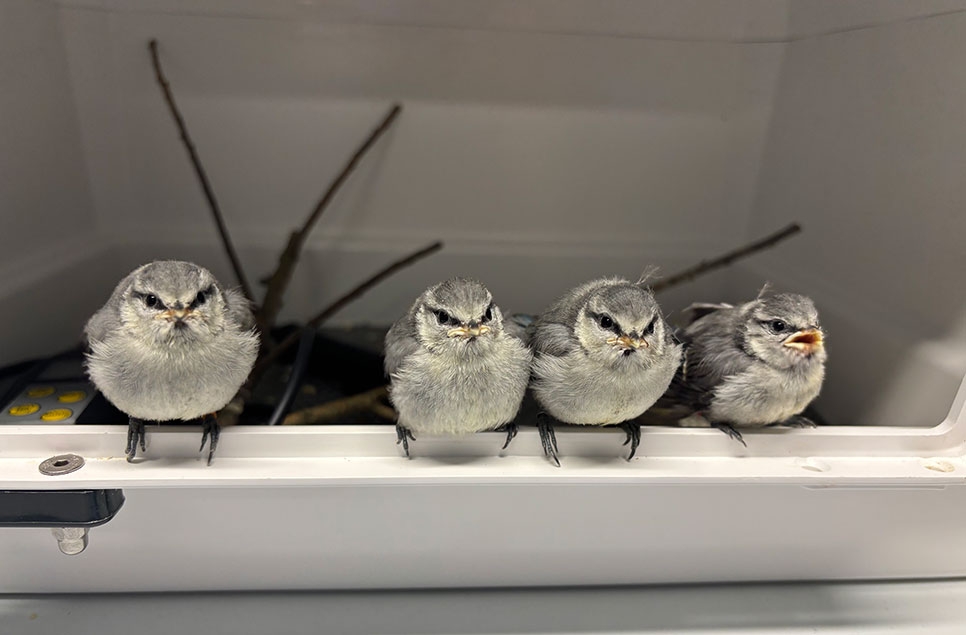Wildlife crime report
WWT along with 20 other wildlife-related NGOs has published a report on wildlife crime in England and Wales. The report suggests gaps in how crimes are recorded could be hampering police investigations.
Wildlife crime covers all illegal harm to wild animals, plants and ecosystems. It includes the likes of animal cruelty, illegal trade and releasing harmful organisms into the wild.
The report found that:
- Wildlife organisations are recording around 1,000 wildlife crime incidents a year. These are mainly attacks on badgers, bats or birds of prey – but this largely reflects that the Badger Trust, Bat Conservation Trust and RSPB are the main organisations recording wildlife crime. This will only be the tip of the iceberg.
- We can’t get figures from the police or courts because most wildlife crime isn’t flagged as such. Attacks on badgers for example may be recorded as a firearms offence, a public order offence, criminal damage or most likely a miscellaneous offence.
- We’ve asked for details of how many wildlife crimes are recorded as miscellaneous offences but neither the police nor the Government can tell us. They have no way to extract the data.
 Additionally, the police won’t be the only people dealing with wildlife crime. UK Border Agency, Environment Agency, local authorities and others also handle offences.
Additionally, the police won’t be the only people dealing with wildlife crime. UK Border Agency, Environment Agency, local authorities and others also handle offences.
As a result, WWT and the rest of the organisations are recommending that:
- The Government publish an annual report of wildlife crime in England and Wales, as already happens in Scotland, and that it pulls together information from all relevant agencies.
- The police ‘type of crime’ flagging procedure is tweaked to include at least priority wildlife crimes (as advised by the Government’s wildlife crime advisory group).
- Police call takers receive training on how to identify a crime as a wildlife crime.
- Maximum sentence guidelines are reviewed for some wildlife crimes.
WWT Head of PR and Communications Peter Morris said:
"Better recording will help the investigating authorities assess what crimes are happening where so they can better allocate their resources to reduce the thousands of wildlife crimes that happen in England and Wales each year."



